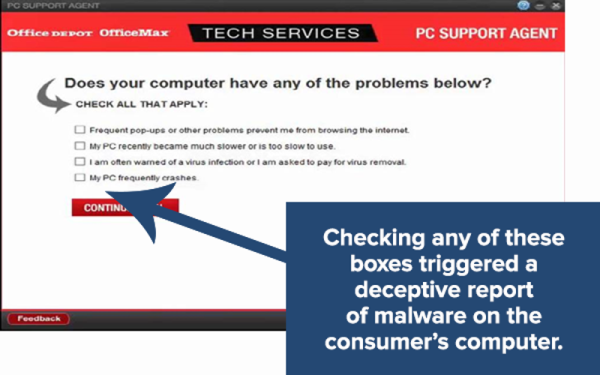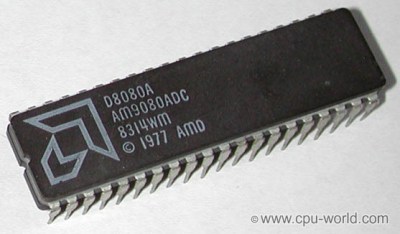Over the last decade we have brought you frequent reports not from the coolest of hackerspaces or the most bleeding edge of engineering in California or China, but from the rolling prairies of the American Midwest. Those endless fields of cropland waving in the breeze have been the theatre for an unlikely battle over right to repair, the result of which should affect us all. The case of FEDERAL TRADE COMMISSION, STATE OF ILLINOIS, and STATE OF MINNESOTA, v. DEERE & COMPANY relates to the machinery manufacturer’s use of DRM to restrict the repair of its products, and holds the promise to end the practice once and for all.
This is being written in Europe, where were an average person asked to name a brand that says “America”, they might reach for the familiar; perhaps Disney, McDonalds, or Coca-Cola. These are the flag-bearers of American culture for outsiders, but it’s fair to say that none of them can claim to have built the country. The green and yellow Deere tractors on the other hand represent the current face of a company with nearly two hundred years of farming history, which by virtue of producing some of the first mass-produced plows, had perhaps the greatest individual role in shaping modern American agriculture and thus indirectly the country itself. To say that Deere is woven into the culture of rural America is something of an understatement, agricultural brands like Deere have an enviable customer base, the most loyal of any industry.
Thus while those green and yellow tractors are far from the only case of DRM protected repairability, they have become the symbolic poster child for the issue as a whole. It’s important to understand then how far-reaching it is beyond the concerns of us technology and open-source enthusiasts, and into something much more fundamental. Continue reading “The FTC Take Action, Is Time Finally Up For John Deere On Right To Repair?”


















